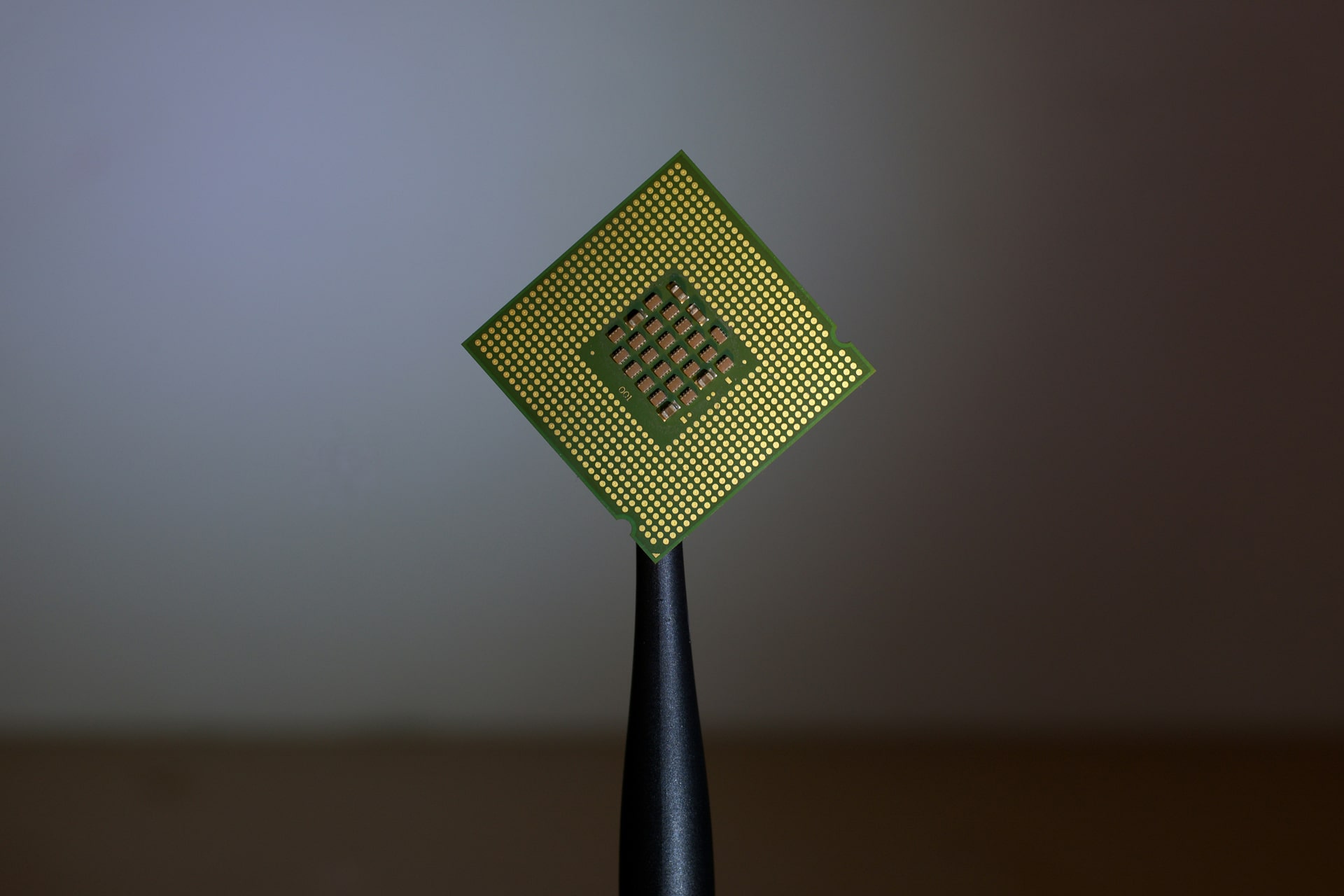Header photo source: TSMC.
Taiwan Semiconductor Manufacturing Company (TSMC), the world’s largest contract chipmaker, reported a significant rise in its quarterly profit and revenue for the second quarter of 2024, riding high on the artificial intelligence wave and a rebound in the smartphone market.
TSMC’s net profit for the quarter spanning April to June 2024 soared to TWD 247.84 billion (USD 7.66 billion), marking a 36.3% jump from the same period last year. The company hit a revenue milestone with TWD 673.51 billion (USD 20.82 billion), up 40.1% year-on-year.
Gross profit came in at TWD 358.13 billion (USD 11.07 billion), reflecting a 37.6% increase year-on-year and a 13.9% rise quarter-on-quarter. Operating income surged to TWD 286.56 billion (USD 8.86 billion), up 41.9% year-on-year and 15.1% from the previous quarter. The earnings per share (EPS) climbed to TWD 9.56, up 36.3% from the previous year and 9.9% sequentially.
However, the latest results were overshadowed by political turbulence. TSMC’s American depositary receipts (ADRs) plunged nearly 8%, and its Taiwan Stock Exchange (TWSE) shares dipped 2.4% following former US President Donald Trump’s remarks about Taiwan’s defense contributions and its significant share of the chip market. These comments stirred concerns over US-Taiwan relations, casting a shadow over the company’s stellar performance.
Undeterred by geopolitical jitters, TSMC is moving ahead with its expansion plans. The company is set to commence mass production of its state-of-the-art 2-nanometer chips by 2025. In the US, TSMC’s advanced chip plant in Arizona is on track, with mass production also slated for 2025. The company is bolstering its presence in Japan with an expanding plant in Kumamoto and preparing to break ground on its first European plant in Dresden, Germany.
Looking ahead, TSMC expects robust demand for its advanced process technologies, particularly from the AI and smartphone sectors. The company projects third-quarter revenue between USD 22.4–23.2 billion, with gross profit margins anticipated to be between 53.5–55.5%.
“Our second-quarter performance was buoyed by strong demand for our leading-edge 3-nm and 5-nm technologies, offsetting some smartphone seasonality,” said Wendell Huang, CFO of TSMC. “As we move into the third quarter, we foresee continued strength in demand for our smartphone and AI-related technologies.”

